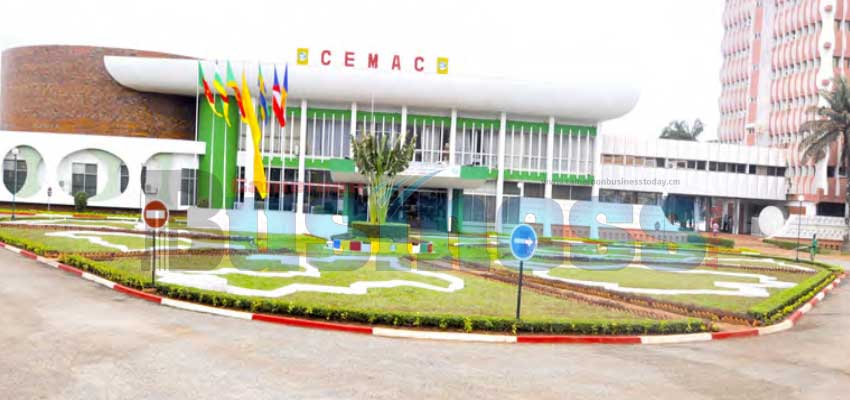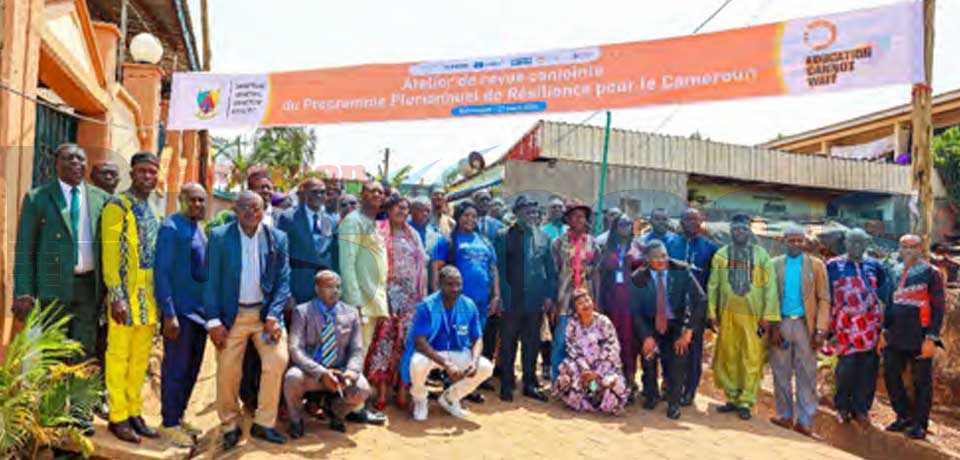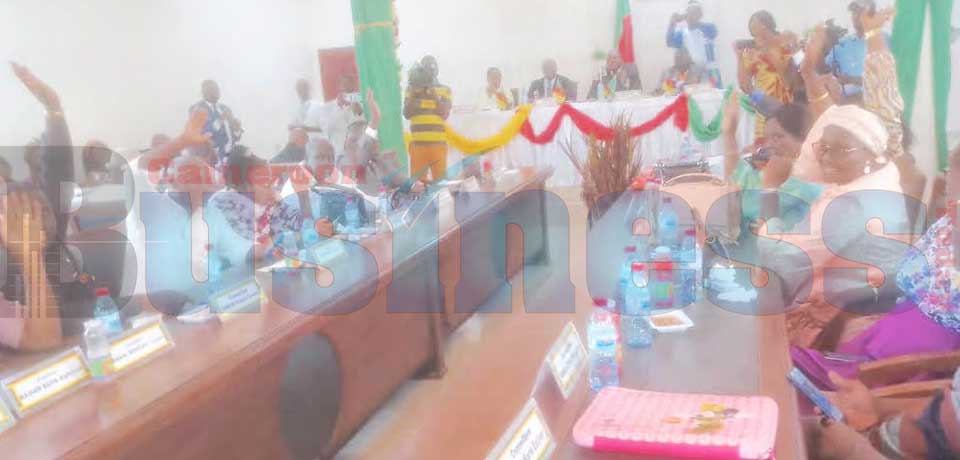With the current global economic situation, these institutions must up their game by implementing reforms that will foster regional integration for a quick economic recovery.
T he Economic Community of Central African States (ECCAS), the Central African Economic and Monetary Community (CEMAC) and the Lake Chad Basin Commission (LCBC) are three parallel institutions in the Central Africa Sub-region with varied missions. Their impact on the economies of the sub-region is however not very palpable as one would have expected going by their missions. CEMAC for instance was born with the desire to promote harmonised development in its member States in the framework of a common market. The CEMAC Economic and Financial Reforms Programme, drawn up in 2017 after the economic crunch that started in 2014 occasioned by slump in prices of commodities, insecurity and increasing humanitarian crisis, aimed at strengthening competitiveness of economic and financial activities by harmonising regulations that govern them; - ensure the convergence toward sustainable economic and financial performance by coordinating economic policies and rendering national budgetary policies consistent with the common monetary policy; create a common market based on free mobility of persons, goods, capital and services , amongst others. In October 2019, the Steering Committee of the Economic and Financial Reforms Programme of CEMAC identified 12 priority integrating projects worth FCFA 2.820 billion. The projects includes; the construction of 12 border posts equipped with axe-weighing machines and IT equipment, setting up of geostationary satellites, launching of the CEMAC centres of excellence programme, the development of cross border electricity interconnection grids, the construction of three dry ports in Douala, Ngueli (Tchad), and Beloko (Central African Republic), the construction of a regional telecommunications optic fibre backbone and the harmonisation and interconnection of customs administrations of the CEMAC region.
Established in 1983, ECCAS aims to achieve collective autonomy, raise the standard of living of its populations and maintain economic stability through harmonious cooperation. Its ultimate goal is to establish a Central African Common Market. At the Malabo Heads of State and Government Conference in 1999, four priority fields for the organization were identified: to develop capacities to maintain peace, security and stability, which are essential prerequisites for economic and social development; to develop physical, economic and monetary integration; to develop a culture of human integration; and to establish an autonomous financing mechanism for ECCAS. The tasks of ECCAS are defined in Chapter II Article 4 of the Treaty, which stipulates that the aim of the Community is to promote and strengthen harmonious co-operation and balanced and self-sustaining development in the fields of economic and social activity , in particular in the fields of industry, transport and communication, energy, agriculture, natural resources, trade, customs, monetary and financial matters, human resources, tourism, education, development, culture, science and technology, amongst others. During the 17th Conference of Head of States and Govern...

















Commentaires